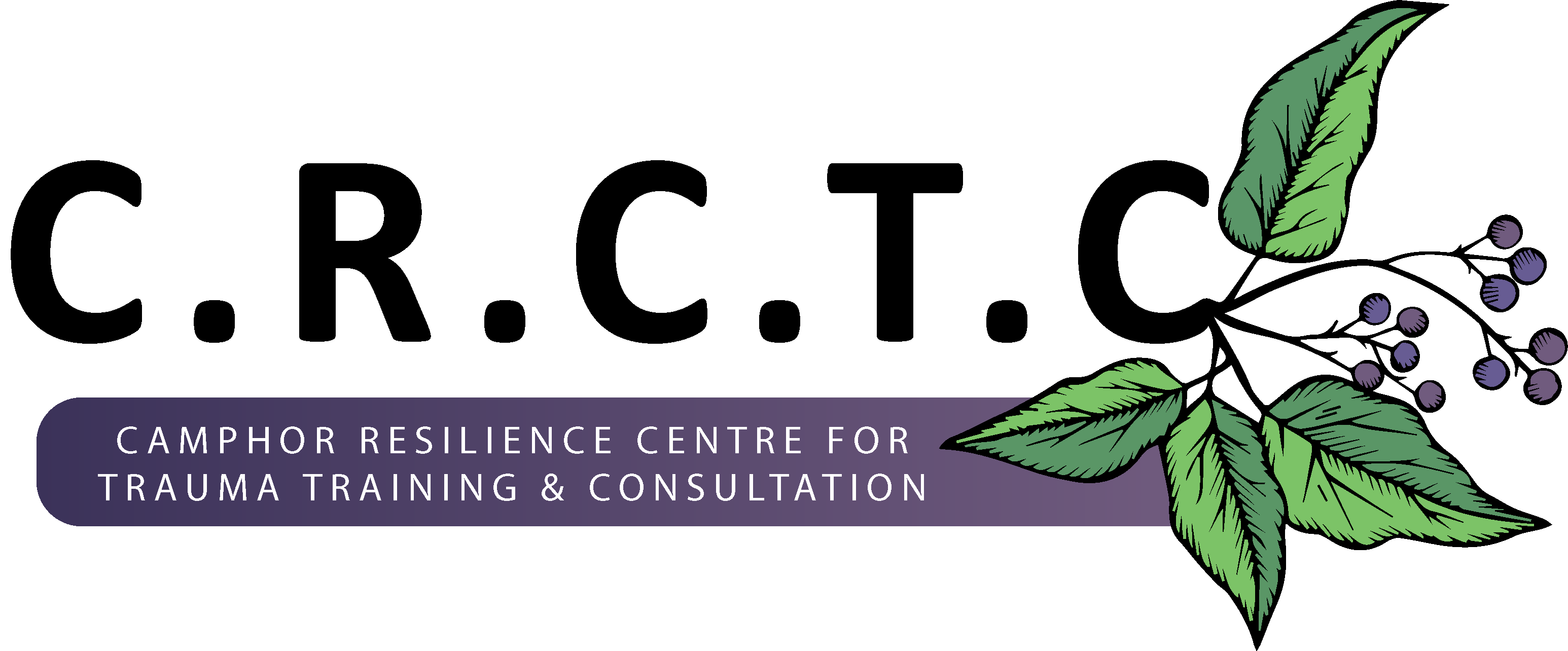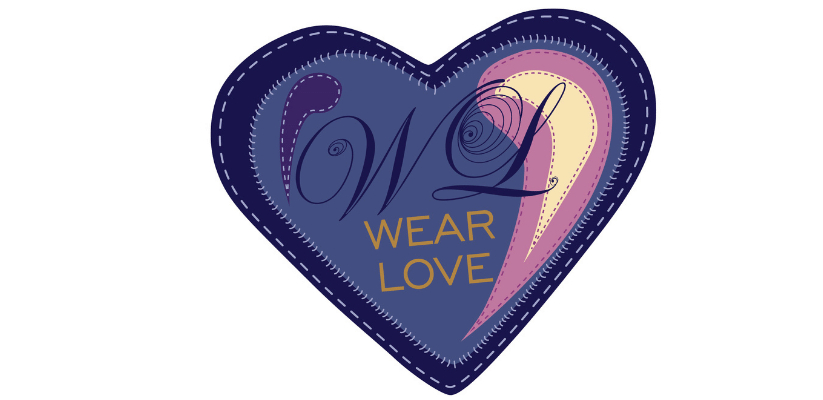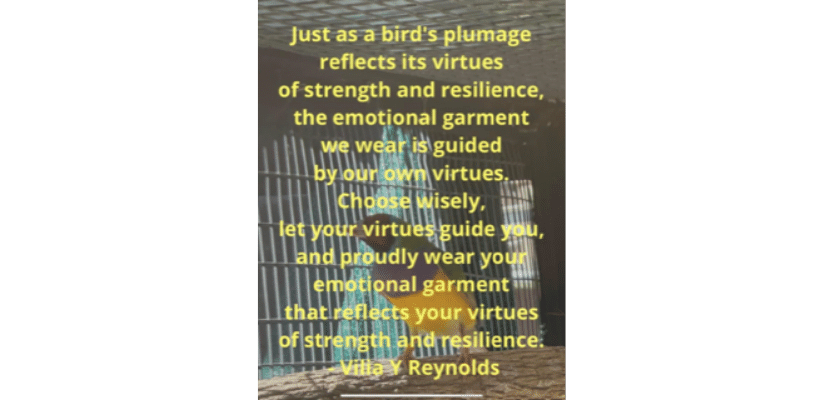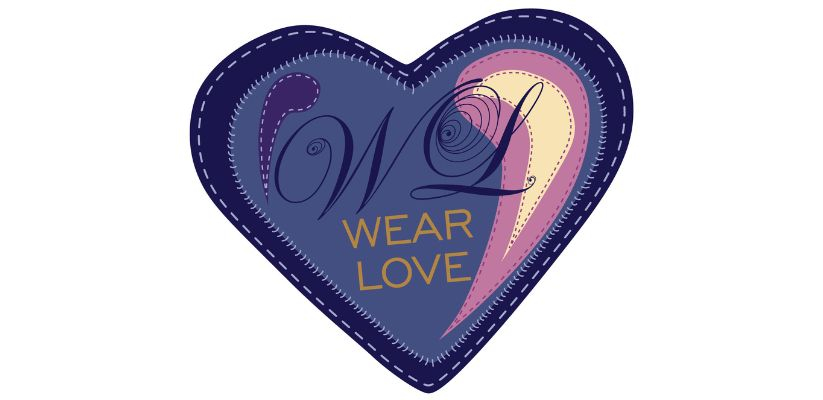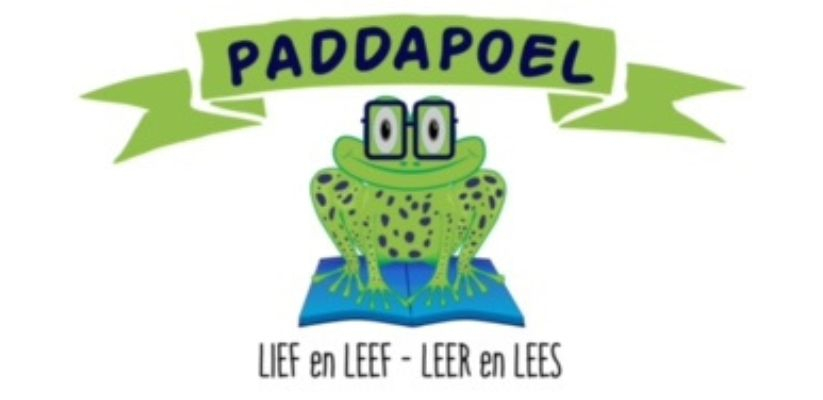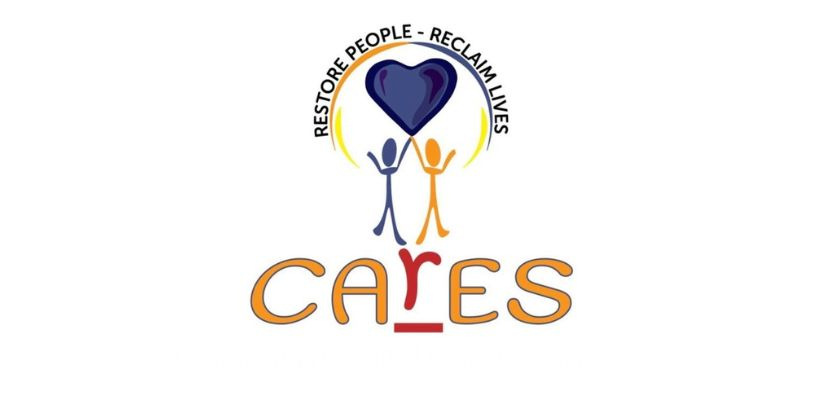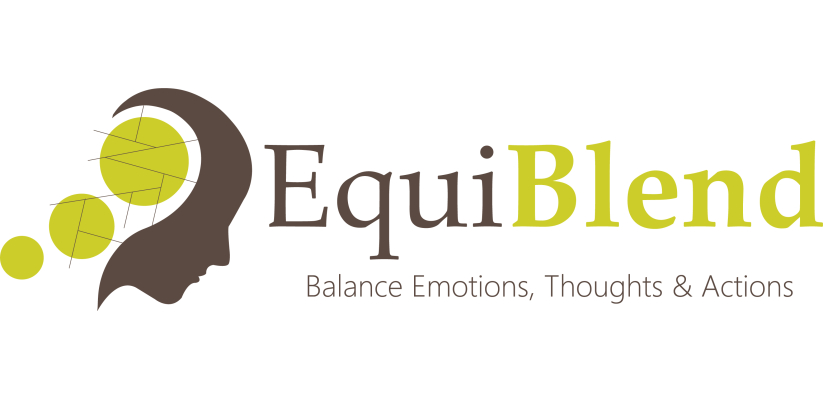Understanding, Tenacity, Resilience & Neuroplasticity: A Journey of Personal Growth
"From the ashes of trauma, tenacity ignites new growth and resilience. Rewire your mind." Vilia Y Reynolds
In our fast-paced world, where information is abundant, and change is a constant, neuroplasticity and resilience have become increasingly relevant. Among these notions, neuroplasticity—our brain's capacity to reorganise itself by forming new neural connections throughout life—holds particular significance, especially when viewed through the lens of trauma and personal growth. This blog delves into the interconnections between neuroplasticity, trauma, growth, and tenacity while highlighting the current trend of Growth Resilience-Orientated Development (GROD).
What is Neuroplasticity?
Neuroplasticity refers to the brain's ability to adapt and change in response to experiences, learning, and trauma. It allows individuals to recover from injuries, learn new skills, and reshape their emotional reactions. The concept underscores that our brains are not static entities but dynamic organs that can rewire themselves based on our thoughts, emotions, and environmental interactions.
The Dual Nature of Trauma
Trauma impacts individuals differently, leading to a spectrum of outcomes that range from debilitating mental health issues to remarkable healing and growth. The brain responds to trauma by altering its structure and function—a process that can be both challenging and beneficial.
Adverse Effects of Trauma: Traumatic experiences can lead to maladaptive changes in brain circuitry, often resulting in conditions like post-traumatic stress disorder (PTSD), anxiety, and depression. These alterations may hinder an individual's capacity to cope with stress and impact their overall quality of life.
Positive Adaptive Changes: Trauma is not just about the damage it causes. It can also catalyse personal growth, with many individuals reporting increased empathy, a sense of purpose, and heightened resilience following traumatic events—a phenomenon known as post-traumatic growth (PTG). PTG emphasises that individuals can emerge from trauma with a deeper understanding of themselves and stronger interpersonal connections. It's a reminder that even in the darkest times, there is potential for growth and transformation.
The Intersection of Neuroplasticity and Trauma
Neuroplasticity plays a crucial role in both the negative and positive adaptations to trauma. When individuals experience trauma, their brains undergo changes that can lead to heightened sensitivity to stress. However, these changes can also create opportunities for healing and growth. Interventions such as the Ability Enhancement EA Curriculum within the Applied Metapsychology Multidisciplinary Approach AMP promote neuroplasticity, healthier thought patterns, and emotional regulation.
Tenacity: The Drive for Growth
Tenacity, often described as persistence in the face of challenges, is not just a virtue but a necessity for navigating the tumultuous waters of trauma and recovery. It embodies the spirit of resilience—the ability to bounce back after adversity. Individuals who demonstrate tenacity are more likely to engage with their trauma, seek support, and work towards rebuilding their lives.
Critical aspects of tenacity include:
- Commitment to Goals: Tenacious individuals often set clear goals and remain focused on their aspirations, even when faced with setbacks.
- Adaptive Coping Strategies: They use adaptive coping strategies to navigate stress and adversity, helping mitigate the effects of trauma.
Growth Mindset* Believing in the ability to grow and learn from experiences fosters a sense of agency over one's life.
GROD: Growth Resilience-Orientated Development
The recent Growth Resilience-Orientated Development (GROD) trend emphasises enhancing resilience through growth-oriented approaches. GROD advocates for proactive strategies that individuals can adopt to foster resilience in the face of trauma. It recognises that while trauma can have devastating effects, it can also lead to profound personal transformation.
Components of GROD
1. Awareness and Acceptance: Recognising and accepting the impact of trauma is the first step towards healing. Awareness allows individuals to understand their feelings and experiences, essential for neuroplastic changes.
2. Skill Building: Developing new skills, whether emotional regulation techniques or practical problem-solving abilities, can enhance resilience and promote positive neuroplastic changes.
3. Supportive Relationships: Building and maintaining supportive relationships fosters community and belonging, crucial for recovery and growth.
4. Mindfulness and Reflection: Mindfulness practices encourage individuals to stay present and engage with their emotions without judgment, enhancing self-awareness and adaptability.
The Mechanisms of Neuroplasticity
The mechanisms of neuroplasticity include synaptic plasticity (the strengthening or weakening of synapses), neurogenesis (the formation of new neurons), and cortical remapping (the reassignment of brain functions). These processes are influenced by various factors, including:
1. Experience and Learning: Engaging in new experiences and learning opportunities can stimulate neuroplastic changes, encouraging the development of new skills and altering neural circuits.
2. Mindfulness and Meditation: Research indicates that mindfulness meditation can increase grey matter density in brain areas associated with emotional regulation, stress response, and self-awareness.
Conclusion
Understanding the intricate relationship between neuroplasticity, trauma, growth, and tenacity within the Applied Metapsychology (AMP) framework provides essential insights into human resilience and potential. Neuroplasticity demonstrates the brain's profound capability to adapt and reorganise in response to life's experiences, particularly in the aftermath of trauma. While trauma can result in adverse outcomes such as PTSD and anxiety, it also has the potential to trigger personal growth and resilience, highlighting the dual nature of trauma.
The intersection of neuroplasticity and resilience reveals that while individuals may face significant challenges, their brains remain adaptable, enabling them to form new pathways towards recovery and growth. This adaptability is further supported by tenacity—the persistent drive to overcome obstacles and pursue personal goals- crucial for navigating the complex healing journey. The Growth-Resilience-Orientated Development (GROD) principles provide a proactive framework for enhancing resilience, encouraging individuals to cultivate awareness, build skills, foster supportive relationships, and practice mindfulness.
As we understand these concepts, it becomes increasingly clear that fostering neuroplasticity and resilience should be central components in therapeutic practices and personal development strategies. Emphasising these elements not only empowers individuals to transform their relationship with trauma but also encourages a broader societal recognition of the potential for growth following adversity. As research in this field continues to evolve, the implications for mental health interventions, educational practices, and community support systems are profound, paving the way for a more resilient and adaptive society.
"The Ability Enhancement Curriculum is about improving your ability to handle problems or communicate effectively and releasing yourself from the emotional charges that hold you back. The program takes you on a journey of self-discovery and helps you establish autonomy without losing the ability to relate to others positively. It's about finding harmony within yourself and moving forward with resilience, clarity, and confidence."
